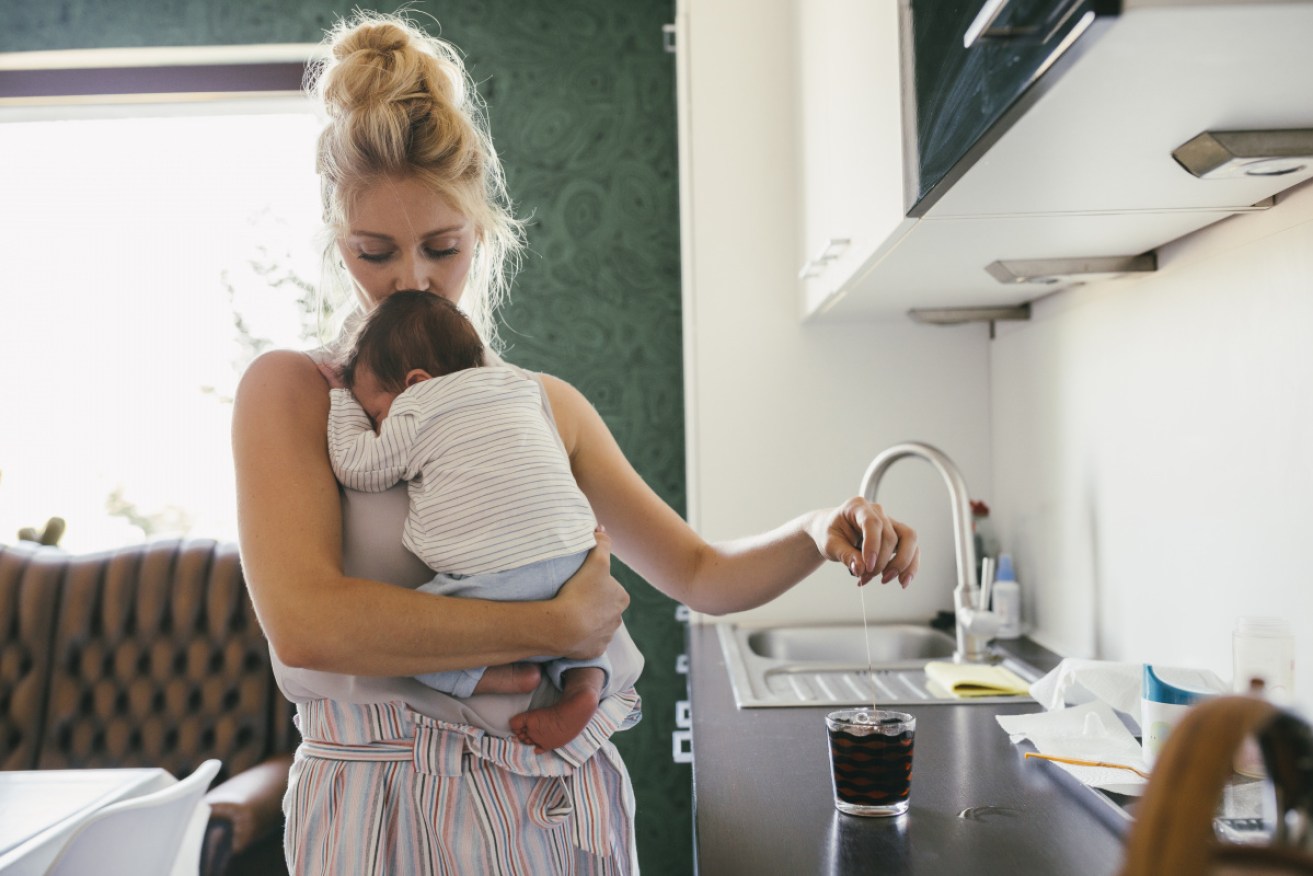Adopting daily rituals helps give life meaning, reduces loneliness


Creating ritual around making tea can serve to provide meaning in life and offset stress and loneliness Photo: Getty
People who have their own quirky daily rituals aren’t always finicky or fussy – they’re practising small acts of self care that, ultimately, make them feel less lonely.
These rituals are simple things, such as dunking a teabag a certain number of times, buttering your toast right to the edges, or drying off with a towel in a precise order (left arm, right arm).
It comes from a new study from the University of California Riverside, which says the key here is to interpret your behaviour as a ritual over which you have control – rather than be subject to a compulsion.
“We found that something as simple as preparing tea in a certain way, as long as it’s interpreted as a ritual, can make the experience more meaningful,” said Dr Thomas Kramer, a professor of marketing at UC Riverside’s School of Business.
It’s a little bit like mindfulness, which is continuously being recommended for daily, holistic happiness.
‘This makes people feel less lonely’
This wasn’t a philosophical or psychological study, but a marketing one that sought to exploit the mass breakout of loneliness and quests for meaning during lockdown.
As the researchers note, marketers “have long known that rituals facilitate relationships with consumers and brands and between consumers themselves”.
But this was the first time that marketers explored rituals as a tool to promote private meaning.
How?
According to the university, the researchers conducted an experiment where participants were asked questions designed to assess their degree of chronic loneliness
They were then given activities to promote a feeling of loneliness.
The next step – and where the marketing comes in – they were told people often adopt rituals around the consumption of everyday products.
What rituals do they practise? (And might they be willing to let it feature in an upcoming ad campaign?)
Finally, the participants were asked to imagine or actually use a product in either the ritualistic way, “such as the familiar twist-lick-dunk technique for eating cream-filled cookies”, or engage with the product the way they usually did.
They found that the participants who experienced the most chronic loneliness “also habitually engaged in the most rituals around consumer products”.
Moreover, participants who completed activities the researchers designed to induce loneliness “felt less lonely after completing a real or imagined act of ritualised consumption”.
They also indicated they felt their life had more meaning after the action.
What was the real point of the study?
The findings show that consumers are more likely to engage with brands that create rituals around their products, because it makes them feel like part of a community – therefore, making them feel less alone.
But the study authors also had a note for governments, saying they could learn a thing or two from consumer marketing.
“(Governments) can do more to reduce widespread loneliness by promoting rituals that do not include particular product options and add meaning to lives devoid of meaning,” they wrote.
This might seem pretty cynical. But previous research has found that adopting rituals can help alleviate anxiety here and here.
The key, according to a 2011 study is to engage “in a healthy dose of repetitive behaviour”.








